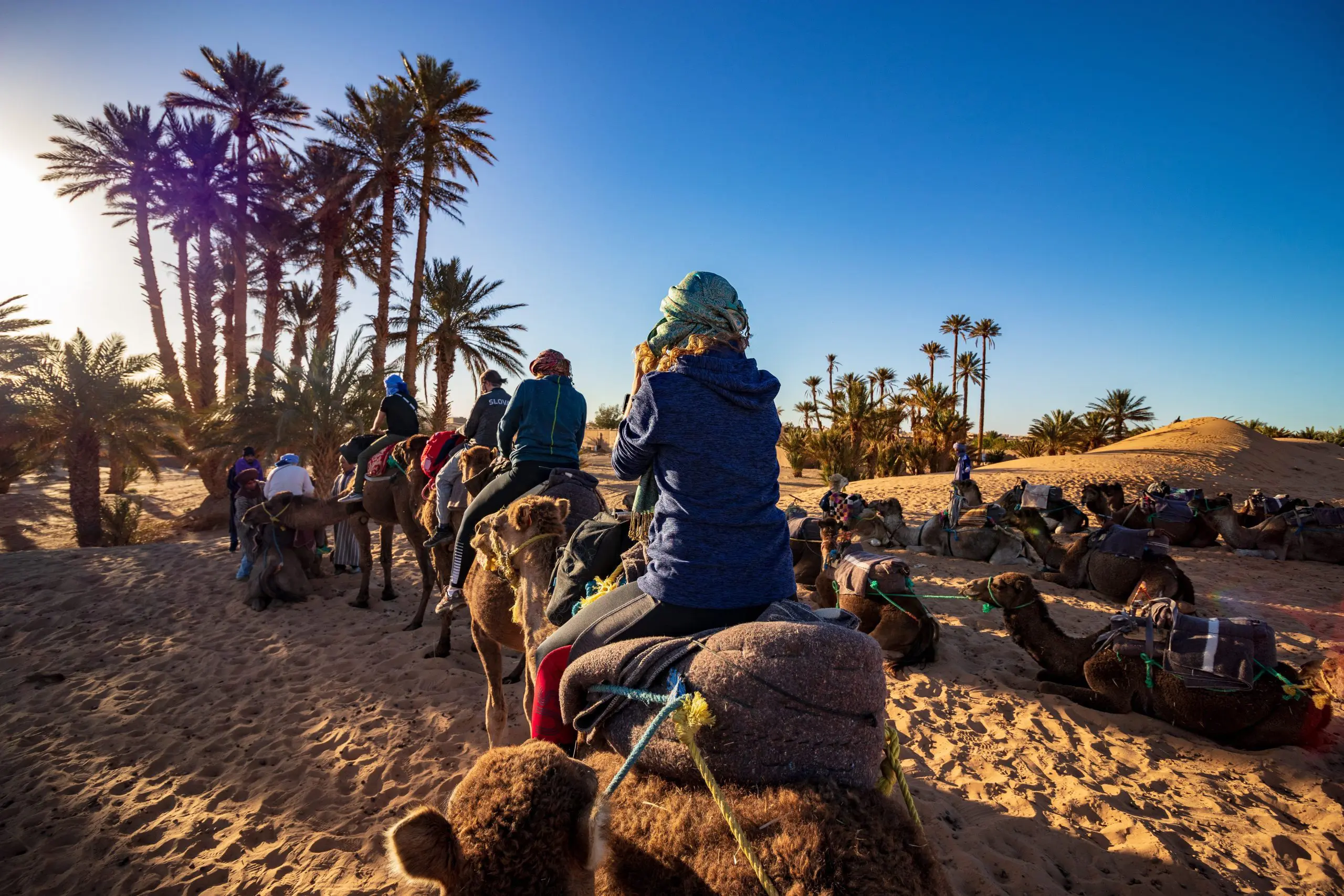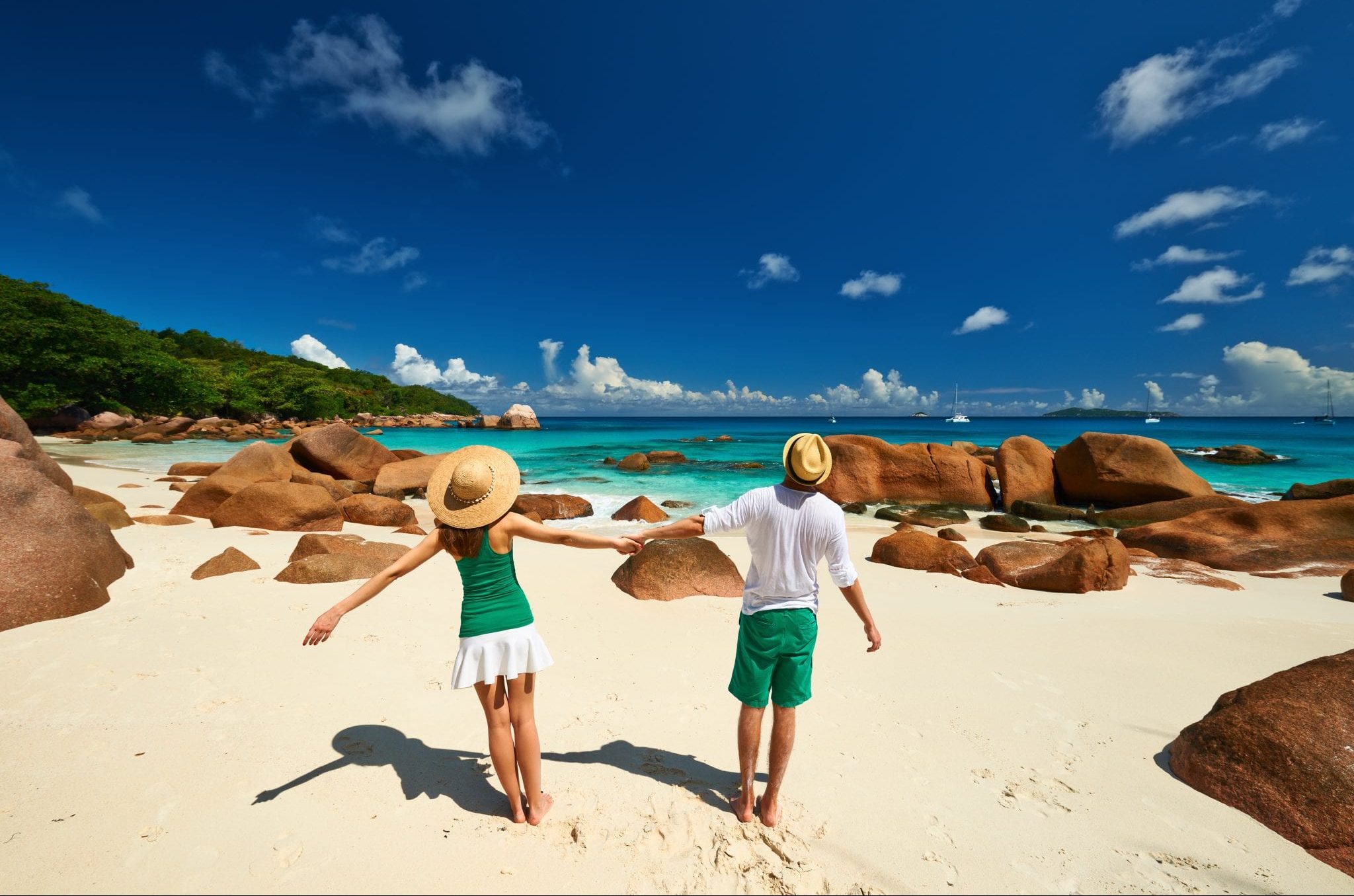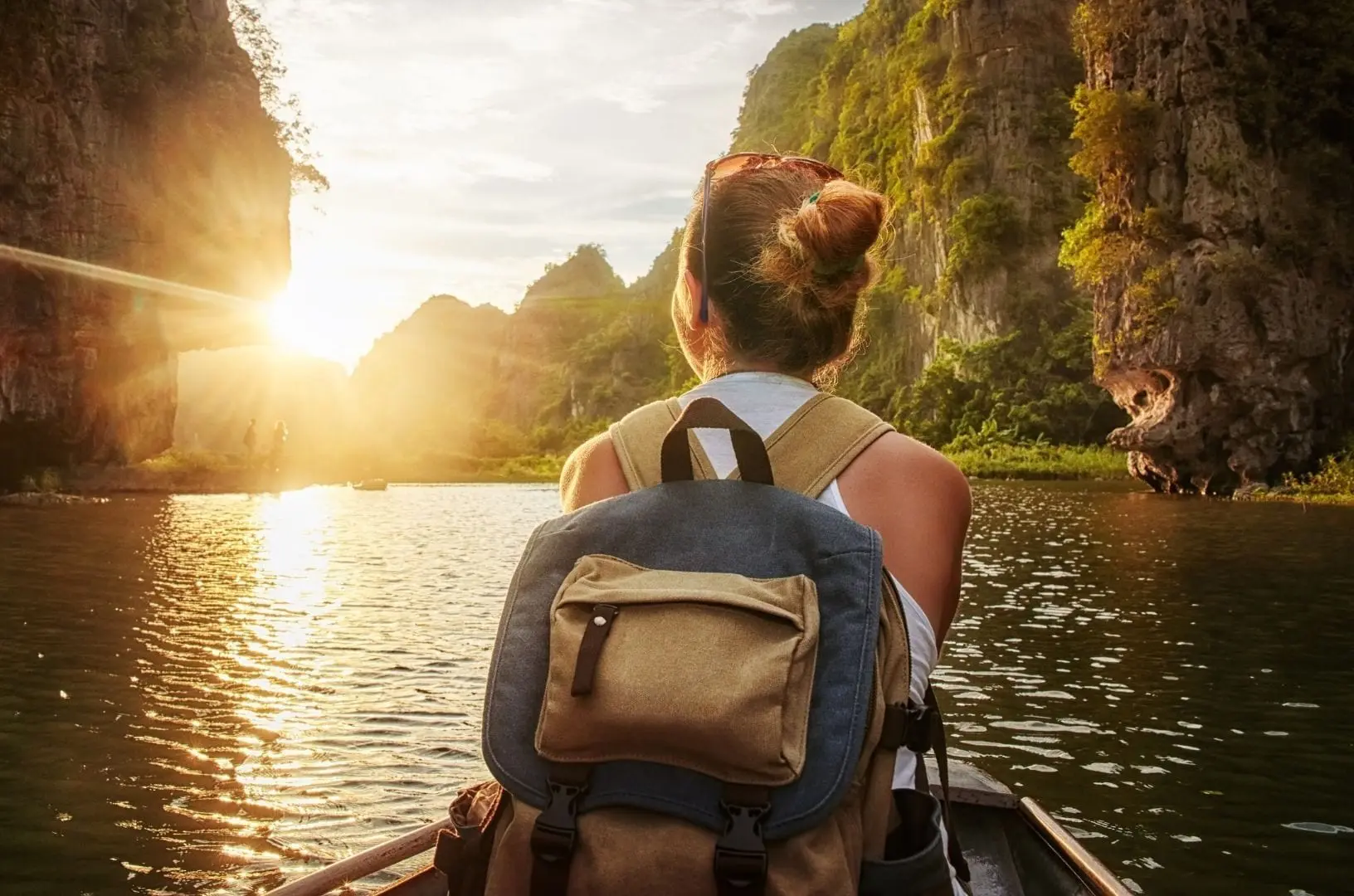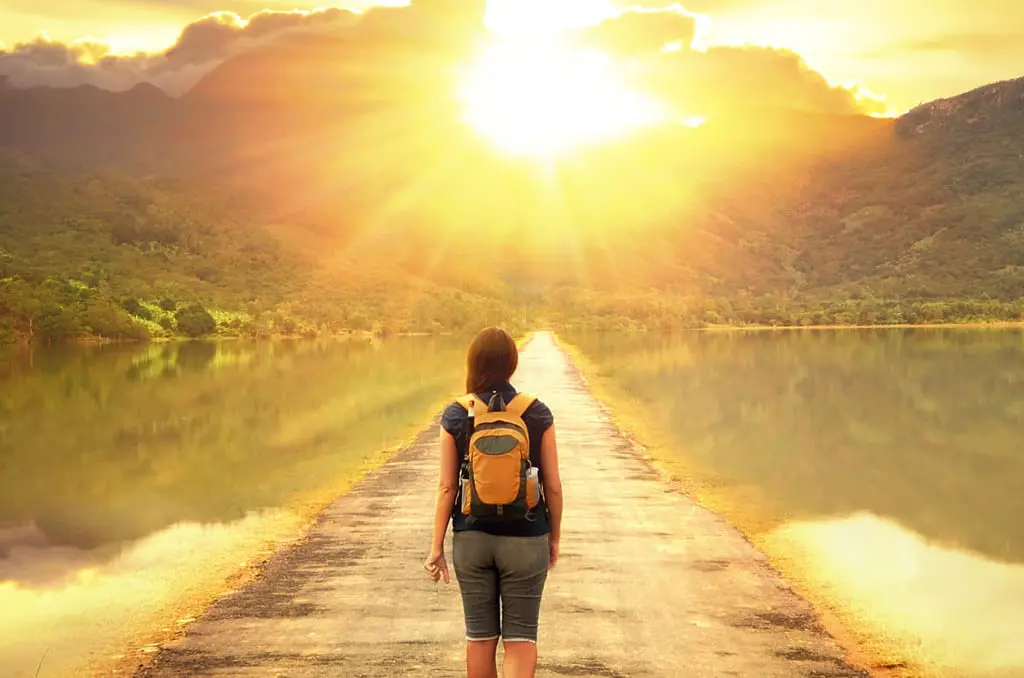Japan Explorer Trip Notes
Trip Overview
PrintUncover Japan in-depth on this 10-day exploration from Tokyo to Kyoto! Get set to tantalize your taste buds with Japanese street food, sushi, and Sake in the capital city. Wander through the historic war ruins from Hiroshima’s atomic bomb attack. Explore Kyoto like a local. Witness Japan’s iconic attractions including Himeji Castle, Mt Fuji, Shinjuku, and Miyajima Island. Travel in style with bullet trains, gondola rides and boat trips to ensure you get the most out of your adventure!
Duration : 10 Days
Destination : Japan
Start/Ends in : Tokyo / Kyoto
Group Size : 4-18 People
Age Req. : 18+
Trip Theme : Classic, Discovery
Hotels : 4 & 3 Star
Departs : All Year Round
Why you will love this tour
- * Explore the unmissable highlights of Japan from Tokyo to Kyoto and Hiroshima on this 10-day adventure.
- * Enjoy extended two-night stays with extra free time in the major cities and towns, so you can embrace each city and its culture like a true local.
- * Stay in carefully selected accommodation with traditional onsens and spas at your disposal! Plus, breakfast is included in the tour package each morning.
- * Take a day trip to the romantic Miyajima Island to explore the famously floating Torii Gate, Shrines, and breath-taking 360-degree views of the inland sea.
- * Spend a day embracing the beauty of Mt Fuji as you cruise along Lake Ashinoko on a scenic boat tour.
Arrival Details
The group welcome meeting with your guide and other travelers is held around 18:30 at the hotel lobby on Day 1 of your tour unless otherwise notified.
Meeting Point:
Details will be emailed 7 days before departure.
Emergency Number: +44 203 14 99 200
Finishing Point:
Details will be emailed 7 days before departure.
Emergency Number: +44 203 14 99 200
Highlights
Garan Sacred Area: The two most prominent buildings of the Garan area are the Kondo Hall and the huge Konpon Daito Pagoda. The hall is a large wooden temple hall where major ceremonies are held.
Hakone: Hugged by Mount Fuji and Lake Ashi, Hakone is a scenic town in the Japanese countryside. It is most famous for its red Torii gate and Shinto shrine.
Himeji Castle: Himeji Castle is a hilltop Japanese castle in the city of Himeji which is located in the Hyogo Prefacture in Japan. It is an increasingly popular spot.
Hiroshima: A modern city on Honshu Island, it was largely destroyedby the atomic bomb during World War II. Today, Hiroshima Peace Memorial Park commemorates the 1945 event.
Kuromon Market: Spacious market with vendors selling street food, fresh produce, shellfish, souvenirs, etc. An amazing place to spend splendid times in a peaceful area full of locals.
Kyoto: Kyoto is the cultural heart of Japan, brimming with Buddhist Temples, Shinto shrines, and dazzling gardens and palaces. It is the best city to experience Japan’s cultural nuances.
Miyajima Island: A small island in Hiroshima Bay, it is known for its forests and ancient temples. Just offshore, the giant orange Great Torii Gate is partially submerged at high tide.
Mount Koya: A Buddhist temple complex perched on Mount Koya, Koyasan is considered one of the most sacred sites in Japan. It is also a scenic retreat with its epic mountain views.
Osaka: The large port city of Osaka is one of the trendiest cosmopolitan urban centers in Japan. It is a traveler’s hub with vibrant nightlife and top-notch international cuisine.
Peace Museum: This museum is dedicated to documenting the atomic bombing of Hiroshima in World War II. The museum was established in August 1955 with the Peace Memorial Hall.
Takayama: The mountainous Takayama town is an idyllic place nestling Japan’s age-old traditions and rural charm. Hida Folk Village is one of its highlight attractions.
Tokyo: Japan’s busy capital mixes the ultramodernand the traditional from neon-lit skyscrapers to historic temples. The Imperial Palace sits amid large public gardens.
Itinerary
Please note that the itinerary may be subject to small changes depending on the conditions during the tour. Alternative accommodation of similar standards may be used depending on the group size and hotel availability.
Inclusions & Exclusions
The tour price covers the following services:
Accomodation : 4 & 3 Star Hotels, Japanese-style Ryokans
Meals : 9 Breakfasts
Transportation : Train, local bus, luggage transfers
Guide : Services of experienced Travel Talk local guides licenced by the Ministry of Tourism
Sightseeing : Tokaido Checkpoint, Hakone Shrine, Morning Market, Merchant House, Takayama Jinya Building, Peace Museum, Peace Park & A Bomb Dome, Miyajima Island, Itsukushima-jinja Shrine, Himeji Castle, Kyoto, Mt Misen, Kiyomizu-dera, Imperial Palace, Nanzenji Temple, Shosei Strolling Garden, Nishiki-Koji Market, Gion Corner cultural centre, Ryoanji Zen Garden, Tenryuji Temple, National Museum
What is NOT included in the tour price?
- Any flights not mentioned above
- Travel insurance
- Meals not stated above
- Items of a personal nature
- Tips & gestures
- Entrance fees to the sights and museums
- Other services not stated in the itinerary
Accommodation
Solo travellers will be roomed with another solo traveller of the same gender in a twin or triple room, or can upgrade to a solo room by paying the single supplement. You may choose the solo room option when booking online or contact us to arrange a private room. Your tour leader will allocate rooms upon arrival at the starting hotel in accordance with the rooming lists, last minute changes may not be guaranteed.
Essential Information: Japan
Luggage Transfers
We recommend passengers travel light and be able to handle
their luggage, including walking to/from trains, and be able to store
their luggage on trains in the designated place, ie overhead or in front
of their own seats.
Please find more info under this link:
https://global.jr-central.co.jp/en/info/oversized-baggage/
As luggage is not transported on the same bus as the passengers (except small handbags) transferred to certain transfer points. Passengers cannot reach their luggage until the specified times. One piece of large luggage is transported separately, while you can carry one small backpack or carry-on onto the train.
We recommend that all our passengers prepare a backpack for the days when you cannot reach the luggage.
-Luggage transfer: it means indeed that passengers do not have access to their suitcases (large luggage) for 1 or 2 days until they reach the destination where the luggage was forwarded to.
– Luggage transfer 1 is from Tokyo to Takayama. Passengers will not have their luggage for 1 night while staying in Hakone.
– Luggage transfer 2 is from Takayama to Kyoto. Passengers will not have access to their suitcases for 2 nights in Hiroshima.
– Luggage transfer 3 (for 14-Day Ultimate Japan tour only) is from Kyoto to Osaka. Passenger don’t have their suitcases for 1 night on Koyasan.
Passport & Visas
If you are a citizen of Australia, New Zealand, the UK, the USA, or Canada, you do not require a visa for stays shorter than 90 days. Please check the visa requirements for your nationality on your embassy’s website.
Travelers to Japan must have a passport or travel document valid for at least 6 months from their arrival date in Japan. You should carry your passport or travel document with you at all times.
Travel Advice
We are closely monitoring the latest travel updates to Japan and following the advice of the UK Foreign Office (FCDO). For the latest travel advice from the UK Foreign, Commonwealth & Development Office, please visit https://www.gov.uk/foreign-travel-advice/japan
We recommend all travellers to check their Government National Travel Advisory prior to their departure:
Australia – https://www.smartraveller.gov.au/
Canada – https://travel.gc.ca/
New Zealand – https://www.safetravel.govt.nz/
USA – https://travel.state.gov/
Travel Insurance
All passengers travelling with Travel Talk are required to have personal travel insurance before participating in any of our tours. Your guide will collect your travel insurance details on the first day of your trip. It is your responsibility to make sure you have an adequate and suitable travel insurance for you in place, you may read more at https://www.traveltalktours.com/travel-insurance
Health & Safety
The health and safety of our passengers, staff and communities visited is of utmost priority. As we monitor and comply with the official advice from the UK Foreign Office, as well as World Health Organization and government authorities regularly, we have implemented several policies and precautions on our tours for your wellbeing. You may find our Safe Travels Protocols at https://www.traveltalktours.com/safe-travels
Travel Talk Adventures has received the Safe Travels stamp by the World Travel and Tourism Council (WTTC), which allows travellers to recognise companies around the world that have adopted health and hygiene global standardised protocols – so consumers can experience ‘Safe Travels’.
Please make sure to regularly check your Government’s travel advice before travelling and be well-informed of any requirements. Your tour guide will also notify you of the regulations and protocols to follow throughout your trip with us.
Please note that if any traveller is unable to complete the itinerary or possess a potential risk to themselves and/or the rest of the group, we reserve the right to remove them from all or part of a trip.
Please consult with your doctor for the latest medical travel information and any vaccinations you may need. We recommend that you bring any personal medical requirements and medications with you as these may be difficult to obtain while on tour.
Weather
The best time to visit Japan is spring and fall when nature is in transition, offering breathtaking views of cherry blossoms or changing leaves across the country. The warm temperatures and dry weather make touring the vast gardens and buzzing markets in the cities comfortable. However, Japan has a diverse land that offers memorable activities every season, making it a popular destination all year round.
June to August, Japan hosts its largest crowds, which means that the major cities like Tokyo and Kyoto are vibrant and joyous. Colorful festivals take place across the country in these months. The blooming land in the countryside offers fascinating views as you travel through the old towns and national parks.
Winter is a quiet season in Japan, except for the ski regions in the north. The snow-covered lands are ideal for spending some leisure time in the resorts and enjoying the iconic onsens. Temperatures are relatively low from December to February, which might be a perfect opportunity for Japan tours if you wish to avoid the heat and humidity.
For more, check out our Japan weather guide.
Money Matters
The official currency of Japan is the Japanese Yen (JPY) and 1 USD converts to approximately 135JPY. Credit and debit cards are accepted at ATMs across Japan. There is no need to dispense large quantities of JPY prior to arrival in Japan. USD cash is also widely accepted; however, change is often given in JPY. Many businesses will not accept notes larger than 20JPY, so we recommend carrying small denominations of both JPY and USD. Credit and Debit cards can also be used to pay for accommodation or more expensive services in Japan’s major cities, however, cash remains king. We recommend you do not exchange bulk sums of money at the airport, as the exchange rates are usually more favorable in the major cities. Your tour leader will be happy to help if you need any assistance.
Tipping is not customary in Japan but is very much appreciated, a small tip can equate to a large portion of the daily wage for service staff. Rounding your bill to the nearest 1 USD equivalent is a small gesture that is greatly appreciated nationwide for good service. You may also consider tipping your leader and driver for outstanding service at the end of your trip.
Eating & Drinking
Japanese food is not so different than the rest of Southeast and East Asian cuisines—majorly based on rice, seafood, and seasonal herbs and spices. Meals include a main course with side dishes, which mainly include a soup and three sides. Heavily influenced by Chinese cuisine, Japanese food doesn’t carry many traces from outer cuisines due to the country’s closed state in its development era. You will find the same dishes served in a variety of ways as you travel across the different geographic regions of Japan. Finding the absolute must-eat food in Japan may be quite overwhelming, so check out this Japanese culinary guide to make sure you know all the essentials.
Sushi: Vinegared rice and a wide variety of raw fish are the main ingredients. Grab your chopsticks, dip a sushi in some hot soy sauce mixed with wasabi, and eat sushi like the locals.
Sashimi: A bowl of thinly sliced raw fish seasoned with local herbs and sauces like wasabi and served without rice, sashimi can be quite extreme if you are not used to raw meat.
Miso Soup: Dashi is the main ingredient, and an aromatic mix of vegetables, tofu, and seafood accompany it with the miso bean paste sealing the taste. Miso paste is what gives the soup its unique taste. It is soybeans fermented with salt and some fungus.
Kuzu Mochi: Japan’s favorite summer sweet treat, kuzu-mochi is a wonderful variety of Japanese mochi, glutinous rice cake. It is made with the starchy flour named kuzuko.
Essentials to Bring & Internet
-Face mask/cover and hand sanitiser enough for your personal use throughout the trip – See more at https://www.traveltalktours.com/safe-travels/
-Travel Documents: Passport, Visa (if required), flight or transport ticket (and photocopies)
-Travel Talk Tour Voucher (printed or digital)Travel Insurance Policy (and photocopy)
-Personal medical kit and medicine
-Money (cash, credit card, travellers’ cheques)
-Power Adapter
-Reusable water bottle
-Ear plugs and eye mask
-Sun protection – hat, sunglasses, sunscreen
-Comfortable, closed walking shoes
-Wind/water proof jacket
-Warm clothes, hat, and gloves for cold weather
-Sandals, swimwear, shorts for warm weather
Internet Access
Many cafes, hotels, and restaurants in the cities of Japan provide free Wi-Fi, but the connection may be spotty or slow. If you wish to use your own 3G/4G Data, be sure to enable data roaming on your mobile. Purchasing a SIM card for the duration of your tour may be a cost-effective alternative. Make sure that your phone is unlocked before you leave home so a local SIM will be compatible. Your local guide will be able to provide advice on where to purchase data SIMs in Japan.
Solo Travellers
We have many solo travellers joining our tours. Solo travellers will be roomed with another traveller of the same gender. If you would like a private solo room, please contact us. You may see out solo travels page for more details.
Rules to Follow
We are committed to ensuring a safe and enjoyable experience for everyone. We do not tolerate any form of violence (physical or verbal), bullying or harassment involving customers, partners, Travel Talk staff or locals. Sexual relationships between a tour leader and a passenger are forbidden.
We will not tolerate any illegal activity, including but not limited to: use and possession of illegal drugs, trespassing, and disrupting public order. If you consume alcohol, please ensure that you drink responsibly and follow the local laws and regulations.
You must follow the advice of your tour leader and local officials regarding health and safety measures. We operate all tours under Safe Travels protocols for the wellbeing of our passengers, staff and communities visited. Please ensure that you have read the https://www.traveltalktours.com/safe-travels/ and are fully prepared for your trip.
If someone is acting inappropriately regarding these matters, please notify your tour leader immediately or contact us on the emergency contact number provided below.
Your tour leader has the right to remove from the group anyone not abiding by these rules, with no right of compensation or refund. See more at https://www.traveltalktours.com/booking-terms/
Please remember that our travellers come from different parts of the world and will have various needs and preferences. Be understanding and patient with your fellow travellers, and always strive to be on time.
Responsible Travel
We believe that travel is a force for good and show our support through various initiatives and charity organizations, as well as keeping the principals of responsible and sustainable travel at the core of our ethos. These values are engrained in our business culture and the design of our trips just the same. Together with you, we strive to make a positive impact on local people and economies, respecting the local culture, environment, social fabric and customs; encouraging respectful and meaningful cross-cultural exchange. Read more at https://www.traveltalktours.com/responsible-travel/
 January Sale; 2 For 1
January Sale; 2 For 1  Croatia Sailing : 2 For 1
Croatia Sailing : 2 For 1 Asia Tours : 2 For 1
Asia Tours : 2 For 1 Central & Eastern Europe Tours: 2 For 1
Central & Eastern Europe Tours: 2 For 1  Why Travel Talk
Why Travel Talk Travel Talk Blog
Travel Talk Blog Responsible Travel
Responsible Travel Fair Travels with Travel Talk
Fair Travels with Travel Talk